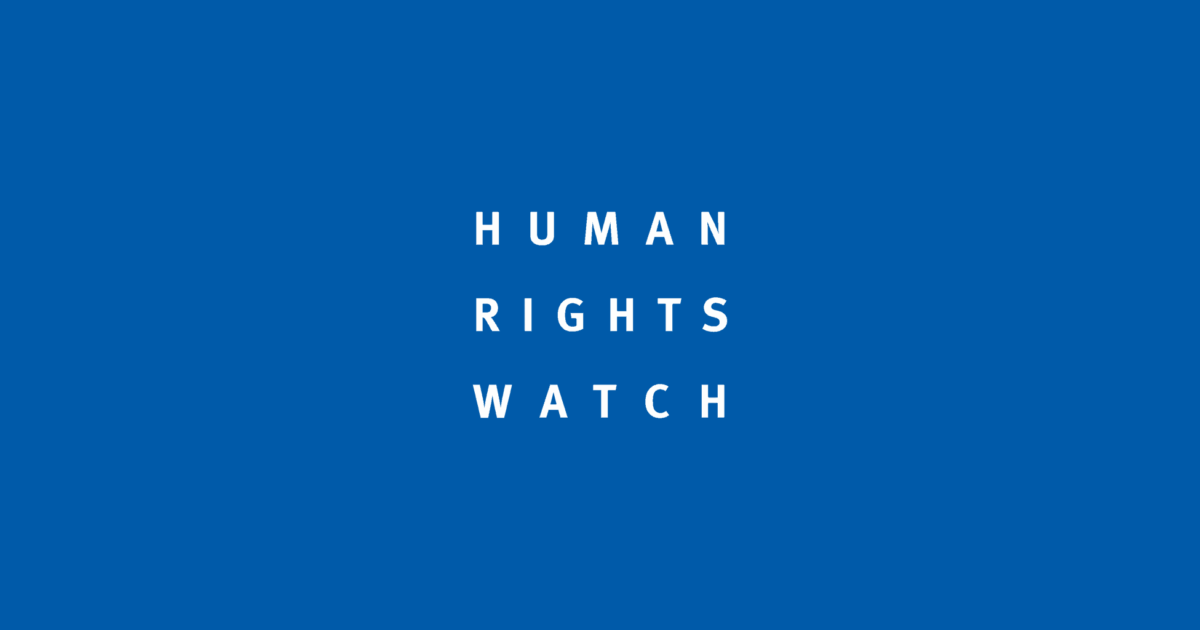Libya
Libya
Years after the deposition of dictator Moammar Gadhafi as part of the Arab Spring, Libya remains in a deteriorating security situation that is especially volatile for women. Sexual and gender-based violence during the war, including mass rape, has yet to be investigated, and women’s rights have continued to decline as different Islamic groups strive to curtail freedoms throughout the country. Violence against women remains common, but reporting remains low; like political and civic participation, reporting and activism by women remains deterred due to threats of violence or death.
Since 2011, Libya has passed new laws which discriminate against women, including the legalization of polygamy and quota reductions for women’s representation in Parliament. Although a party to the Convention on the Elimination of All Forms of Discrimination against Women (CEDAW), Libya does not have a National Action Plan per resolution 1325 (2000).
Due to the high rates of discrimination, exclusion and violence faced by women in Libya, the NGOWG advocates for the Security Council to continue supporting the United Nations Support Mission in Libya (UNSMIL) to include women as full and equal partners in supporting the transition of power to the Government of National Accord, which has struggled to establish legitimacy and control. Without the inclusion of women, the new government will face greater challenges to creating sustainable peace in Libya and continue exposing Libyan women to extreme risk of violence.
Current and Past Recommendations to the UN Security Council (Monthly Action Points)
The Council is expected to review the most recent Secretary-General’s report on Libya, and to renew the mandate of the UN mission in Libya (UNSMIL). These discussions present the Council with the opportunity to support and enhance the work of UNSMIL in the development of a consultative and inclusive political process. With elections scheduled for June 2012, and the imminent selection of a constitutional drafting committee, time is short to ensure that women’s participation as candidates and voters is guaranteed and their voices heard in these processes. In addition, there are ongoing concerns about the safety and security of Libyan women, including harassment, intimidation, and threats of sexual violence. In its discussions regarding the UN mission’s future role in Libya, the Council should:
- Give strong support for and urge the National Transitional Council (NTC)to enshrine women’s rights in the new constitution, and in the development of new, democratic political institutions, and to measures to increase women’s political participation, including through supporting the capacity-building of a strong and independent civil society;
- Hold the NTC accountable for respecting international law and for addressing the ongoing protection concerns faced by women and girls, including displaced populations;
- Urge continued attention to the situation of women who have been displaced, including from Sub-Saharan Africa; and of the women among the estimated 7,000 detainees under the control of militias;
- Support the NTC in ensuring clear procedures for policing, arrests, prosecution, and detention;
- Urge the NTC to hold accountable perpetrators of violence against women and girls; and
- As the mandate of UNSMIL continues to be discussed, the Council should empower UNSMIL to monitor and report on the human rights situation.
The Council is expected to review the most recent Secretary-General’s report on Libya, and to renew the mandate of the UN mission in Libya (UNSMIL). These discussions present the Council with the opportunity to support and enhance the work of UNSMIL in the development of a consultative and inclusive political process. With elections scheduled for June 2012, and the imminent selection of a constitutional drafting committee, time is short to ensure that women’s participation as candidates and voters is guaranteed and their voices heard in these processes. In addition, there are ongoing concerns about the safety and security of Libyan women, including harassment, intimidation, and threats of sexual violence. In its discussions regarding the UN mission’s future role in Libya, the Council should:
- Give strong support for and urge the National Transitional Council (NTC)to enshrine women’s rights in the new constitution, and in the development of new, democratic political institutions, and to measures to increase women’s political participation, including through supporting the capacity-building of a strong and independent civil society;
- Hold the NTC accountable for respecting international law and for addressing the ongoing protection concerns faced by women and girls, including displaced populations;
- Urge continued attention to the situation of women who have been displaced, including from Sub-Saharan Africa; and of the women among the estimated 7,000 detainees under the control of militias;
- Support the NTC in ensuring clear procedures for policing, arrests, prosecution, and detention;
- Urge the NTC to hold accountable perpetrators of violence against women and girls; and
- As the mandate of UNSMIL continues to be discussed, the Council should empower UNSMIL to monitor and report on the human rights situation.
Relevant Resources







